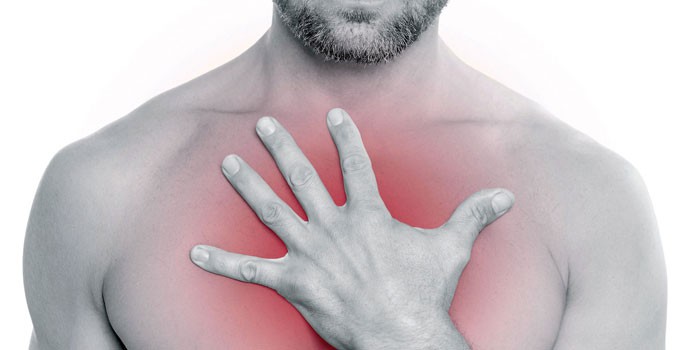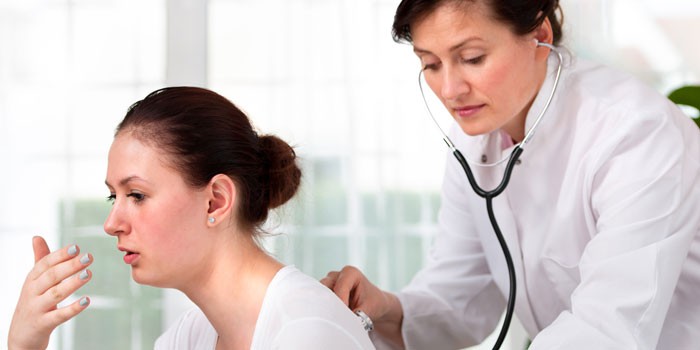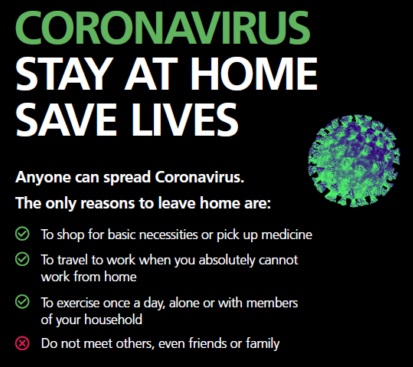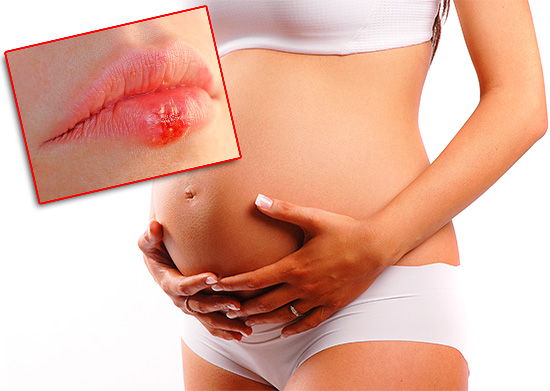Content
- Burning in the sternum – causes
- Burning in the left side of the chest
- Burning in the middle of the chest
- Burning in the chest on the right
- Burning in the chest when coughing
- Burning in the chest after eating
- Burning chest when walking
- Treatment for chest pain
This negative state has a polyetiological character, which significantly complicates its diagnosis and treatment. Find out about the development of which pathological latent processes can be evidenced by a feeling of heat, covering the upper body.
Burning in the sternum – causes
This kind of syndrome mainly occurs with an upset digestive system: increased acidity of the stomach, esophagitis, ulcer. However, there are other reasons that can trigger the appearance of an unpleasant symptom. Explaining why it burns in the chest, doctors urge people with cardiovascular diseases to be especially careful.
There are cases when patients took the symptoms of a heart attack and angina pectoris for a banal severe heartburn. In this case, an extremely dangerous situation for the patient arises, which can lead to serious consequences, therefore you should not ignore even the most insignificant at first glance negative conditions. Meanwhile, doctors claim that they bake in the chest in patients for the following general reasons:
- pathology of the gastrointestinal tract;
- intercostal neuralgia;
- cardiovascular diseases;
- colds
- emotional and mental disorders;
- tumor processes.
Burning in the left side of the chest
According to medicine, a furnace there may for many reasons. It can become hot due to pancreatic dysfunction – with this pathology, the burning sensation is limited to the left hypochondrium. Similar symptoms are manifested and inflammation of the duodenum. Burning in the chest in the left is also a symptom of gastric ulcer or gastritis. Separately, it is worth mentioning such a pathology as acute pancreatitis – this disease is quite capable of provoking an intolerable syndrome and entail peritonitis.
Burning in the sternum on the left in women
Hormonal imbalance in the weaker sex is often manifested by negative conditions. Tingling and burning in the sternum on the left in women often indicate a latently developing breast mastopathy. Many ladies experience severe discomfort before menstrual bleeding, which is regarded as a completely natural state. Burning in the chest in women is often due to hormonal changes. Especially sensitive to such manifestations of a lady during menopause.
Burning in the middle of the chest
Pathologies of the heart and blood vessels are often accompanied by unpleasant sensations. However, most patients do not realize that a burning sensation in the middle of the chest area indicates the development of severe conditions. In a situation where the heat in the chest is not eliminated by drinking soda water, most likely we are talking about heart failure, the Nitroglycerin tablet will help relieve the symptoms of it. Specialists distinguish the following diseases, accompanied by burning in the center of the sternum:
- arteriosclerosis of blood vessels;
- angina pectoris;
- myocarditis;
- heart attack;
- tachycardia.

Burning in the chest on the right
Doctors associate this symptom with diseases of the liver and biliary tract. A burning sensation in the pathology of these organs, as a rule, is complemented by a bitter aftertaste, pressing pain (right hypochondrium). To the main symptoms, yellowing of the sclera of the eyes, and then the skin, is added. In addition, a burning sensation in the chest on the right is a sign of respiratory system disorders due to fluid accumulation (localization is the pleural region). Infectious pulmonary disease is also manifested by similar symptoms..
Burning in the chest when coughing
The indicated symptom is characteristic of pneumonia with pleurisy, while the patient feels a constant burning sensation in the lungs, aggravated by breathing. The situation when the initial symptomatology resembles flu with a sternal localization of the syndrome and its subsequent irradiation to the side indicates the viral nature of the pathology, and bakes in the chest due to hemorrhagic soaking of the mucous membrane of the trachea, which provokes small hemorrhages (localization – lungs). In addition to these reasons, a burning sensation in the chest during coughing occurs due to:
- bronchitis (with purulent-mucous sputum);
- sore throats;
- flu.
Burning in the chest after eating
Symptom, when discomfort appears after eating, indicates a violation of the stomach or intestines. Burning in the chest after eating sometimes signals a tumor in the throat or esophagus. The syndrome on the background of pancreatitis appears 1-2 hours after eating and is accompanied by belching. It can also burn or bake in the chest due to gastroesophageal reflux – it starts to burn from the inside if the patient decides to lie down after eating, because the horizontal position helps to return the contents of the stomach back to the esophagus.
Burning chest when walking
This symptom is associated with disorders of the musculoskeletal system. Burning in the chest when walking is often a symptom of osteochondrosis or intercostal neuralgia, while the patient is sometimes difficult to breathe. Burning in the chest begins even with minimal physical exertion, but the person does not experience any other negative conditions like weakness or fever. Similar symptoms are observed with heart diseases – myocarditis, cardiomyopathy.
Treatment for chest pain
Therapy of the syndrome should be carried out only after a detailed study of its clinic and data obtained at the end of diagnostic measures. Experts strongly do not recommend hasty independent conclusions about why there is a burning sensation in the chest area. In a situation when it starts to bake in the middle or in the projection of the heart, doctors recommend removing the attack by drinking a tablet of Nitroglycerin. Treatment of chest pain in a different location depends on its etiology and may suggest:
- Surgical intervention (oncology, peritonitis).
- Conservative therapy with the following medications:
- bismuth preparations (peptic ulcer);
- chondroprotectors (osteochondrosis);
- sedatives (VVD, intercostal neuralgia);
- antibiotics (bronchitis, pneumonia);
- antiviral agents (flu);
- cytostatics (for blood diseases such as lymphoma, leukemia).












